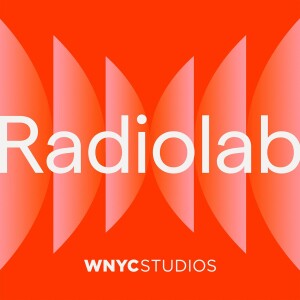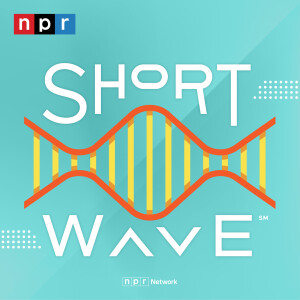

Scientist are turning to microbiology to fight global climate challenges. How do you change a microbe from consumer to producer? Can you teach old e-coli new tricks, and make it consume CO2? How can a gut bacteria start to behave like a plant? Can we use enzymes to produce Hydrogen gas efficiently? What is the missing step in hydrogen fuel cell production? Can synthesised enzyme engines help us produce hydrogen without complex processes?References:
Gleizer et al. Conversion of Escherichia coli to Generate All Biomass Ca...
Scientist are turning to microbiology to fight global climate challenges. How do you change a microbe from consumer to producer? Can you teach old e-coli new tricks, and make it consume CO2? How can a gut bacteria start to behave like a plant? Can we use enzymes to produce Hydrogen gas efficiently? What is the missing step in hydrogen fuel cell production? Can synthesised enzyme engines help us produce hydrogen without complex processes?
References:
- Gleizer et al. Conversion of Escherichia coli to Generate All Biomass Carbon from CO2. Cell, 2019 DOI: 10.1016/j.cell.2019.11.009
- The binuclear cluster of [FeFe] hydrogenase is formed with sulfur donated by cysteine of an [Fe(Cys)(CO)2(CN)] organometallic precursor. Proceedings of the National Academy of Sciences, 2019; 116 (42): 20850 DOI: 10.1073/pnas.1913324116
Comments (3)
More Episodes
All Episodes>>Create Your Podcast In Minutes
- Full-featured podcast site
- Unlimited storage and bandwidth
- Comprehensive podcast stats
- Distribute to Apple Podcasts, Spotify, and more
- Make money with your podcast
It is Free












